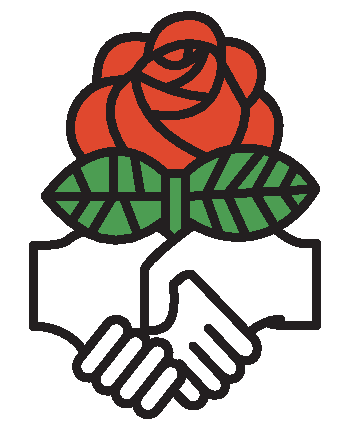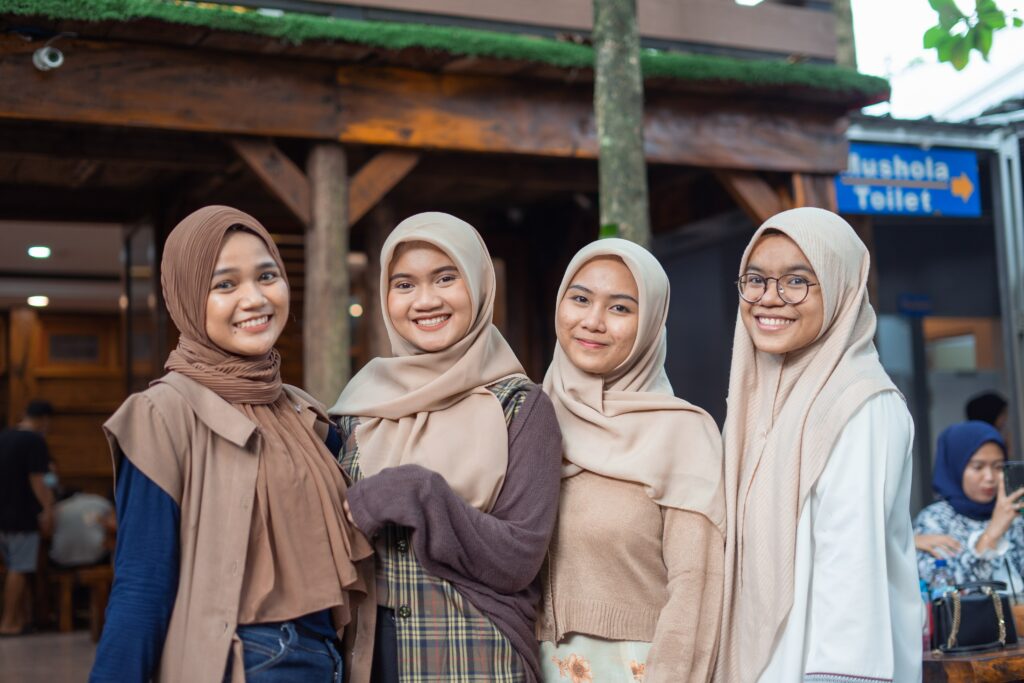Stopping Violence Against Women
Santo Domingo, Dominican Republic, 23-24 November 2001
Resolution
Violence against women is a universal phenomenon, which cuts across lines of income, class and culture and is a clear manifestation of the unequal power relations between women and men. It is also a fundamental barrier to women’s equality and a clear violation of women’s rights and fundamental freedoms. Some groups of women such as indigenous women, refugee women, migrant women and women living in conflict areas or war zones are especially vulnerable to violence.
Female genital mutilation and other traditional practices which, according to the World Health Organisation are carried out in at least 25 African countries, some Asian countries and the Middle East are a violation of women’s rights to personal integrity and physical and mental health and of their sexual and reproductive rights. SIW therefore welcomes the report of the Parliamentary Assembly of the Council of Europe, which calls for a ban on the practice of female genital mutilation, considering it inhuman and degrading treatment.
The personal and social costs of violence against women are immense. In addition there are huge social and financial costs to society as a whole for hospitalisation, counselling and loss of income.
Socialist International Women therefore calls on governments to:
- ratify the Convention on the Elimination of All Forms of Discrimination against women (CEDAW), where they have not yet done so;
- developand implement protocols for the early identification and referral of victims of abuse;
- ensure that police officers responsible for investigating violence against women receive training to sensitise them to the needs of women;
- revise asylum procedures to sensitively address refugee women who have suffered violence, including rape during times of armed conflicts;
- extend and improve medical and legal services for victims of violence in both urban and rural areas;
- provide financial and technical support to NGOs working with battered and sexually abused women;
- implement treatment and re-education programmes for perpetrators.

